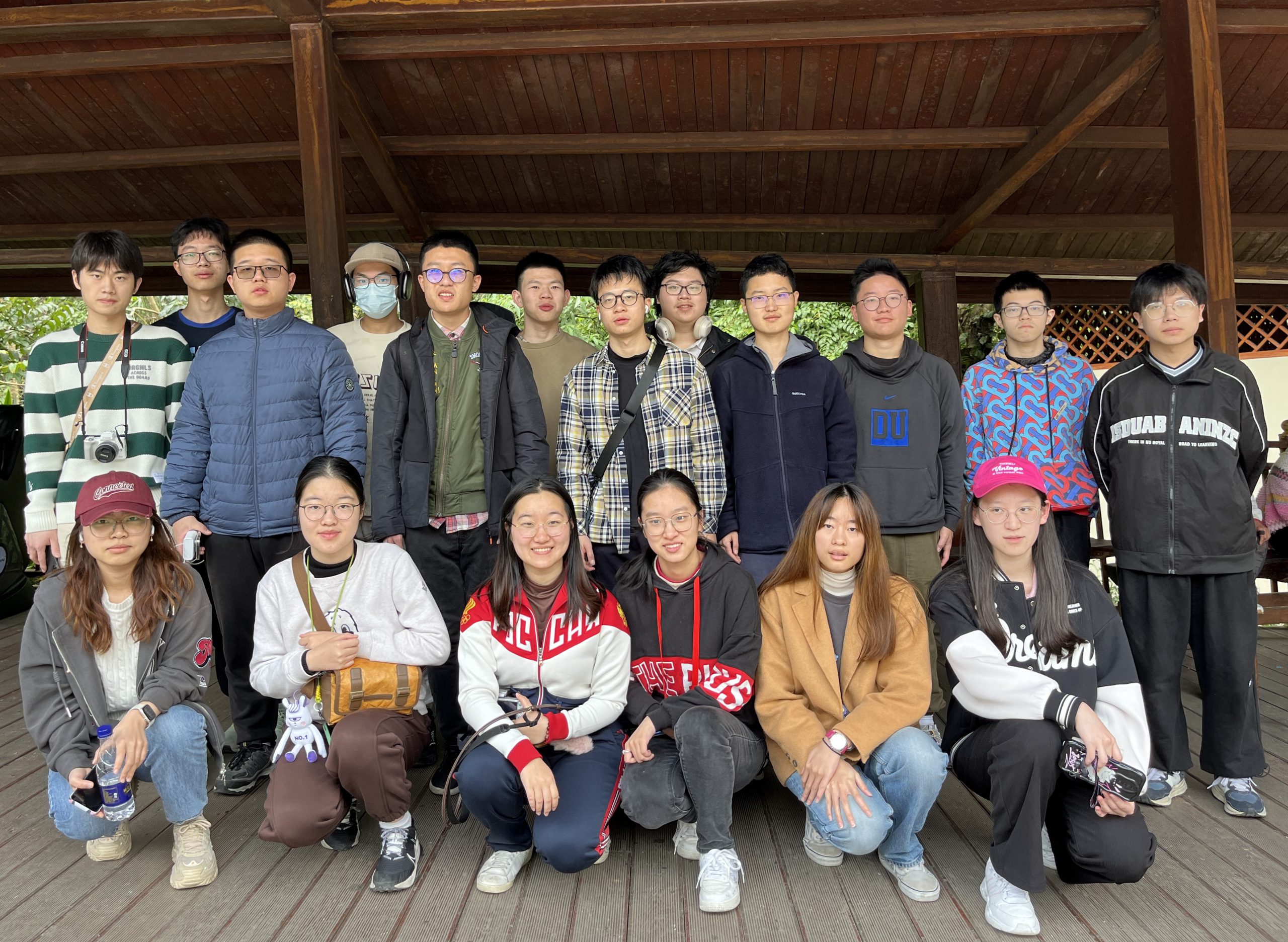Computational Thinking with Data: Data Mining and Pattern Recognition with Wildlife Data
Background:
This course emphasizes the use of computation to gain insight into behaviors and ecological patterns of green peafowl with real data collected from the infrared camera. The course will cover computational thinking and quantitative reasoning, to better prepare the students for further coursework in data science, computer science, and statistics. Technically speaking, students will be able to dive deeper into Python and its applications in building object detection and clustering models. At the same time, they need to identify and organize the project on their own through interactions with customers and domain experts. They will explore how to process the data, implement, and fine-tune a model, and evaluate the performance of your model. In the end, students will leave the course being able to independently apply the skills they have learned to datasets of their own choosing.
Program locations: Kunming in Yunnan Province
Duration: 5 January – 16 January, 2025
Study Language: English
Accreditation: 2 credits
Eligibility: Basic experience python (numpy, scikit-learn, pandas, etc..) is required. Students must have a good command of English.
Slot: 10
Testimonials:
Though two weeks of study may seem brief, our journey from the basics of image annotation to model training has offered a profound glimpse into the research process of data science. It has provided me with an opportunity to actively pursue knowledge and exploration. The experiential learning gained from this immersion is invaluable for shaping my future career path. I eagerly anticipate engaging in further practical leaning experiences across various domains.
— Yerui Huang, Sophomore at JI
The two-day trip to Xishuangbanna was brief yet unforgettable. Upon returning to Kunming, we resumed our studies related to data. We further explored methods of detecting various animals and visualizing the data. Throughout this learning experience, we gained a wealth of knowledge on how to formulate questions, design models, solve problems, and present findings. In the future, we aim to apply the skills learned during the winter program to more projects.
— Jiachen Lyu, Junior at JI

